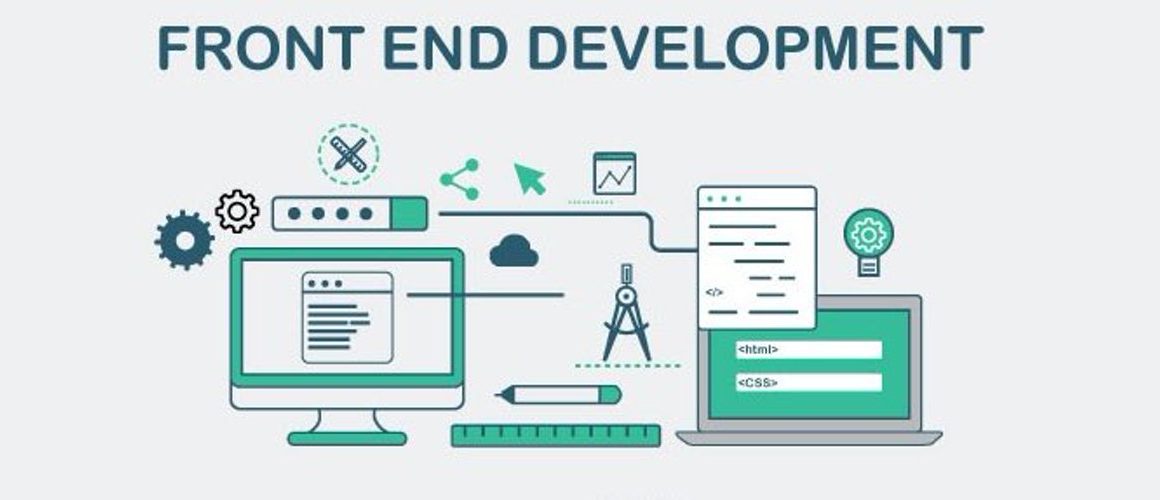Need to Know
Modifications or alterations to the duties, surroundings, or standard procedure that provide people with disabilities an equal chance to participate in a job or academic program are known as reasonable accommodations (U.S. Department of Education, 2007). Changes to the application process to ensure equal opportunity to apply for program enrollment, changes that allow a student with a disability to carry out the necessary duties of the academic program, and changes that allow a student with a disability to enjoy the same rights and privileges as other program participants are among the broad categories of accommodations.
Buildings must provide the required adjustments when a student reveals a disability, according to the Americans with Disabilities Act (1990). In particular, psychology training programs must provide auxiliary aids and services and make reasonable adjustments or modifications to practices, policies, and procedures for students with disabilities, unless doing so would “fundamentally alter” the nature of the programs or place a “undue burden” on the programs. The basic components of a course or curriculum are not jeopardized by adjustments, and neither are the academic standards or integrity of a course. By removing or minimizing obstacles associated to a handicap, accommodations just provide a different method to complete the course requirements. They provide an equal opportunity rather than an unfair advantage.
How to build accommodation for people with disabilities?
Assisting with navigation
Only if the student has reported a condition and in accordance with federal disability legislation, are you or your program obligated to provide adjustments. The student is often recommended to start the accommodation procedure with the campus’s disability resource center or office. After determining the student’s eligibility for services, this office arranges the necessary accommodations and services based on the information supplied and, if necessary, in conjunction with the student and other specialists. Students who want accommodations and services connected to their impairments must also provide documented proof of their conditions. You or your program might also decide to get a professional opinion on whether a certain set of requested adjustments is really essential.
Utilization of appropriate accommodations
The most advanced auxiliary aids and services are not needed in psychology programs, but they must adequately . Following discussion with the student who will use them, they should be chosen. No assistance or service will be beneficial unless it succeeds in ensuring an individual student with a handicap has an equal chance to take part in the educational program or activity. Not all kids with the same impairment get the same benefits from the same auxiliary help or service.
The program must evaluate if a service or help is suitable in the given situation. For instance, a hearing-impaired student may need a different sort of accommodation depending on whether the format is a seminar or a huge lecture hall. A note taker may be sufficient for a lecture’s one-way communication, but an interpreter may be required for a seminar’s two-way communication.
Services and tools for individuals
The provision of personal aids and services is a topic that postsecondary administrators and students often misunderstand. Postsecondary colleges are not compelled to provide personal services such as assistance with clothing, bathing, or other personal care. According to the Section 504 regulation:
The recipient is not required to supply helpers, personally prescribed equipment, personal reading or study materials, or any other personal equipment or services.
Similar language is used in Title II of the Americans with Disabilities Act (ADA), which prohibits the provision of personal services. Postsecondary institutions are not required to provide individualized support services for particular student academic endeavors. The burden of providing personal attendants and specifically prescribed gadgets falls on the disabled student, not the school. For instance, although reading materials may be made available for classroom use, universities are not compelled to make reading materials available for individual use or assistance during study sessions.
Advice for better delivery
Examine the interactive Americans with Disabilities Act (ADA) procedure. This 5-step approach encourages direct, honest communication between you and your student so that your company may do all it can to satisfy the requirements of the student. Consult your HR department if you aren’t already aware with this procedure, and make sure to review it. Prior to needing to utilize it, it’s critical to grasp it.
You should also make it simple for the people to communicate with you. Remember that it may be frightening and difficult for an student to discuss their health state and restrictions with you. Try to be as responsive and open as you can. For instance, you may express to the worker your desire to help them succeed in their role. Reminding them that their request will be treated in absolute confidence and that your office is a secure, private space in which they can be open and honest about their difficulties may be beneficial.
Request the necessary paperwork.
Request the appropriate medical records from your student. It may be as simple as a doctor’s letter. One of AES’s case managers for vocational rehabilitation told me about a success. One of her customers, a cashier, broke her ankle at work and phoned her scared that she would have to leave her job since she was unable to stand all day. Her case manager recommended her to inform her employer about her predicament in a conversation. Her orthopedic surgeon’s letter was required by the company. Her boss got the message and promised to provide a stool to sit on at her cash register until her ankle healed. This was an easy fix that didn’t cost the employer any money and promptly took care of the issue since the stool was already in the shop.
Final words
Now you have a clear idea on how to build student accommodation for people with disabilities. Pay attention to these and you can make sure that you will be able to deliver the best experience for students.



